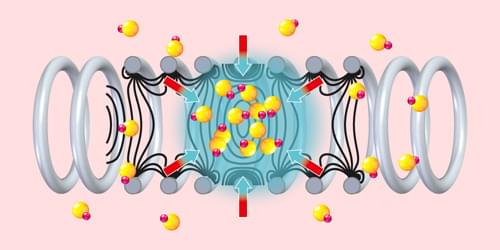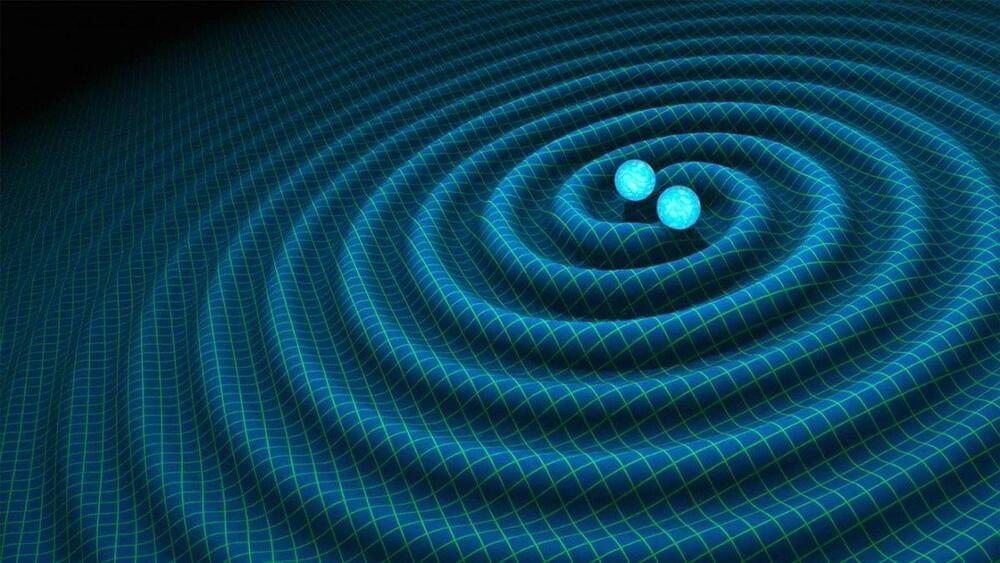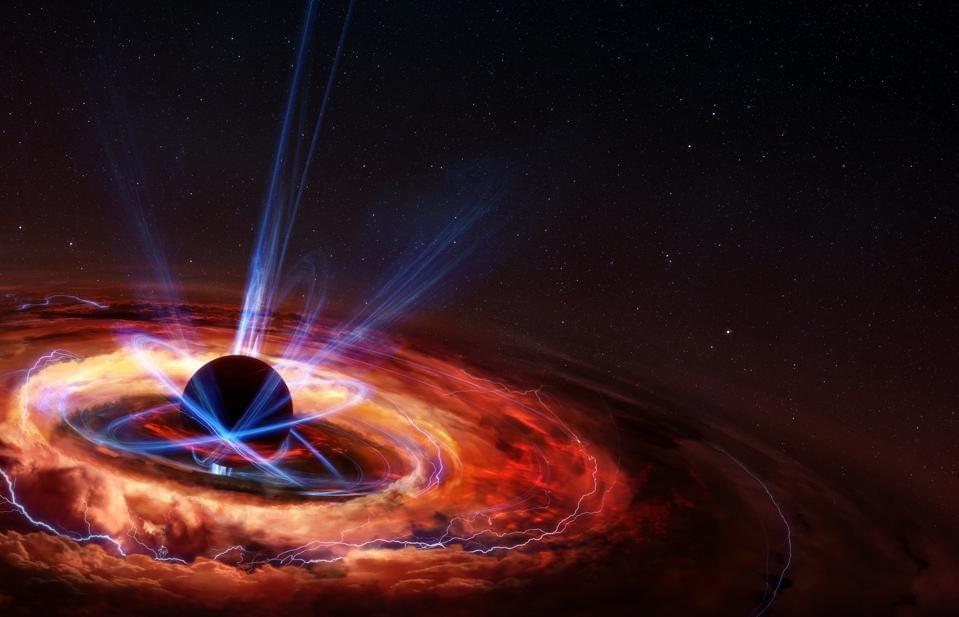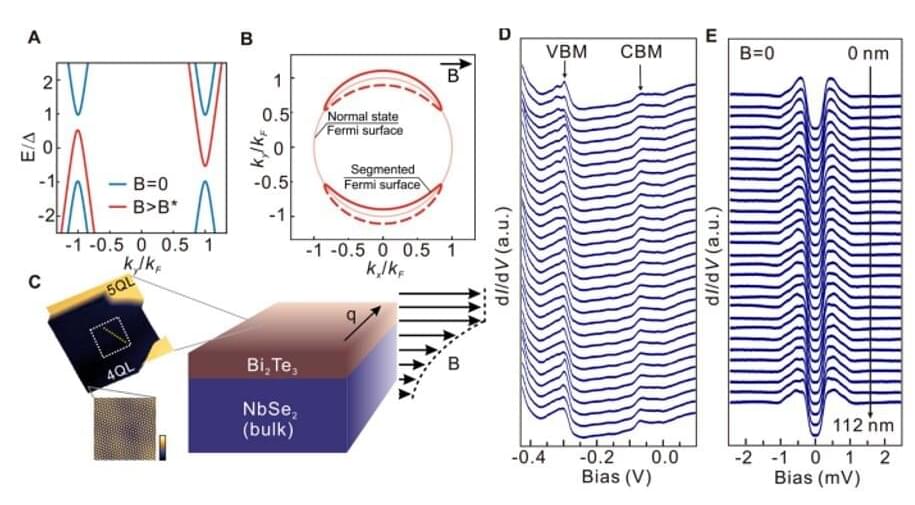If you think of very low temperatures, there’s a good chance you are picturing ice. Ice is a quintessential “cold” thing for us. But at extreme pressures, like in the core of large planets, something peculiar can happen. Ice can remain solid but have a temperature hotter than the surface of the Sun.
This type of water ice is called “superionic ice” and has been added to the list of around 20 phases water can structurally form, including ice, liquid, and vapor. Now, researchers report in Nature Physics the discovery and characterization of two superionic ice phases, having found a way of reliably and stably recreating the ice for longer than has previously been achieved to be able to study it.
One superionic phase extends between 200,000 and 60,000 times the atmospheric pressure at sea level and at a temperature of several hundred to over 1,000 ° C. The other phase extends to half the pressure experienced at the center of the Earth and with temperatures of thousands of degrees.








